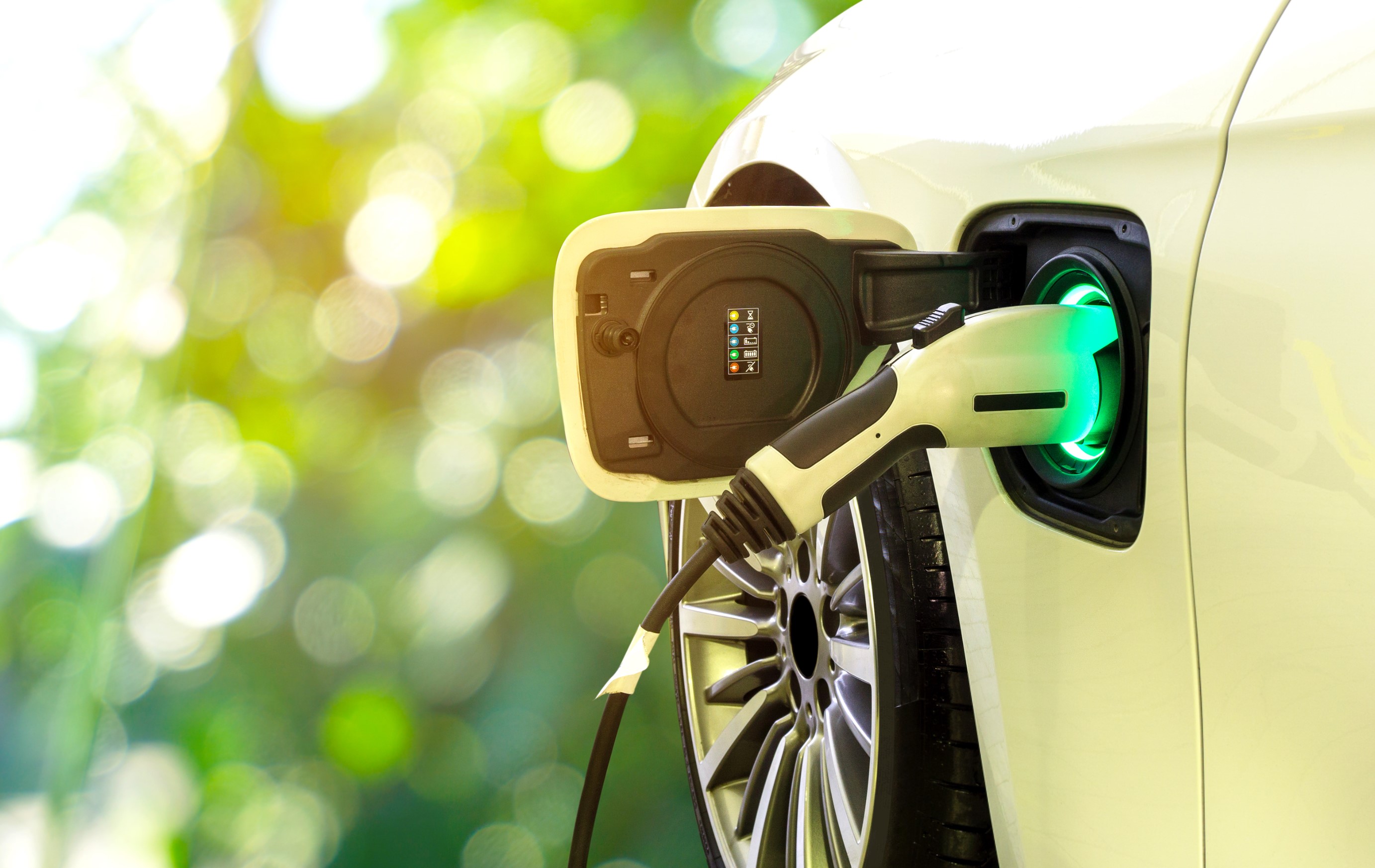Now’s the perfect time to buy an EV — and the UK’s gas crisis proves it
It's hard to get gasoline in the UK right now, but EV owners don't have that problem

If you’ve been paying attention to international news (or you live in the U.K.) you’ll know that Britain is having gasoline issues. What started as a minor issue, caused by a Brexit-related lack of truck drivers, has now turned into a full-blown fuel shortage.
Obviously electric cars don’t have that problem, because they don’t need liquid fuel that has to be delivered by tanker truck. It’s something that hasn’t gone unnoticed, and it proves that now is a great time to buy an EV.
- 9 essential tips for buying an electric car
- Here are the best electric cars you can buy right now
- Plus: Apple Car job listing suggests development is still ongoing — despite recent setbacks
Gas shortages mean nothing to EV owners
According to InsideEVs, there was a 1,600% increase in EV-related Google searches on September 24 — the day the U.K.’s fuel crisis became more widespread. Analysis from Carguide also shows that online interest in EVs was 16 times higher than the one-day average. Meanwhile Carwow, one of the U.K.’s leading car marketplaces, noticed a 56% increase in EV searches on September 26.
In other words people were clocking on to the fact that electric cars aren’t subject to the same supply issues that gas-powered cars are. Even if the local charging stations end up as congested as British gas stations have been, EV owners can still plug in pretty much anywhere that has power.
Whether you're using a dedicated home EV charger, or a simple power socket, both are perfectly good sources of electricity — albeit two that recharge at significantly different speeds.
Of course, electric cars aren't immune from infrastructure troubles themselves. They do need to be able to plug in and recharge, which is impossible if there’s no power coming from the grid. But, as the recent mass power outages in Texas showed, a complete loss of power has much more serious ramifications than a car’s inability to recharge.
No power means no heat and no internet access, and forces essential services to resort to whatever limited emergency power reserves they have. An estimated 700 people reportedly died as a result of the Texan power outages, and compared to this, the fact you can’t recharge your car is of little consequence.
Sign up to get the BEST of Tom's Guide direct to your inbox.
Get instant access to breaking news, the hottest reviews, great deals and helpful tips.
It also means no gas pumps, since gas stations can’t operate unless there’s power going to the pumps. A number of Texans were able to use their cars to escape the cold, and recharge their essential devices, but that only works for as long as you have gas in the tank.
An EV could do that as well, with the same limitation that once the power reserves are gone, there’s no telling when they might come back. But there is one advantage: a number of larger EVs are launching with the promise that they can function as a backup power source. The upcoming Ford F-150 Lightning is one such vehicle.
Electrification is coming, but why wait?
Eventually, despite a lot of resistance from certain parties, cars are going to run on electricity — it’s only a matter of when.
The EU plans to effectively ban the sale of new gas-powered cars in 2035, though individual countries including the U.K. and Denmark are planning to do it much sooner. In the U.S., Joe Biden has announced plans for electric cars to account for at least half of new car sales by the time 2030 rolls around.
But there’s no need to wait, and the U.K.’s current gas issues show that now is a great time to buy an electric car. Not only is it basically impossible for other people to panic buy and hoard electricity, the cost of electricity is significantly cheaper than the price of gas.
According to the US Department of Energy, the average price of gas across the U.S. is $2.85 a gallon, while the average price of an equivalent ‘eGallon’ of electricity is just $1.16. In fact, in every single state the average cost of gasoline is higher than the cost of electricity.
Studies have also shown that EVs are generally cheaper to maintain than gas cars. That’s thanks to there being fewer moving parts that can wear out, and the fact some normally routine maintenance, such as an oil change, isn’t necessary.
While EVs do cost more right out of the gate, the price has been coming down. The 2022 Nissan Leaf is a great example, since its starting price is $4,270 cheaper than the equivalent 2021 model.
Buying electric isn’t for everyone yet, especially if you don’t live in an area with good public-charging infrastructure. But as the U.K. has just shown the world, gas shortages can and do still happen. Picking up an EV could give you some peace of mind should this ever happen near you — and at the very least it means you can stop worrying about gas prices.
Read next: New York State is going to ban non-EV sales by 2035 — here's what you need to know

Tom is the Tom's Guide's UK Phones Editor, tackling the latest smartphone news and vocally expressing his opinions about upcoming features or changes. It's long way from his days as editor of Gizmodo UK, when pretty much everything was on the table. He’s usually found trying to squeeze another giant Lego set onto the shelf, draining very large cups of coffee, or complaining about how terrible his Smart TV is.
